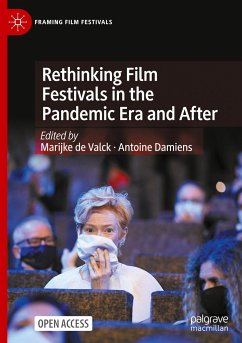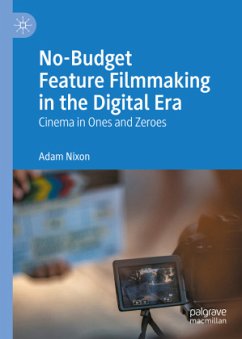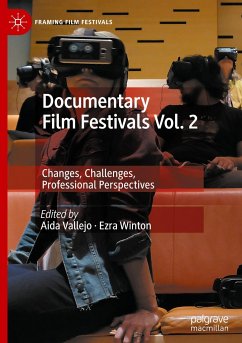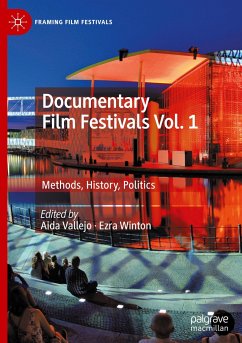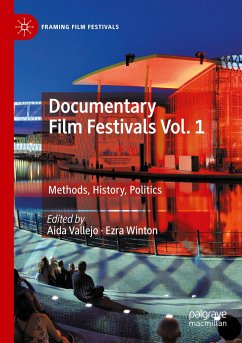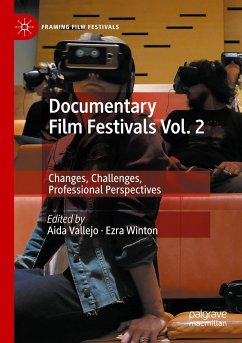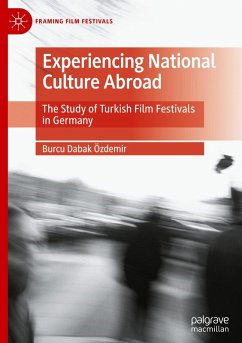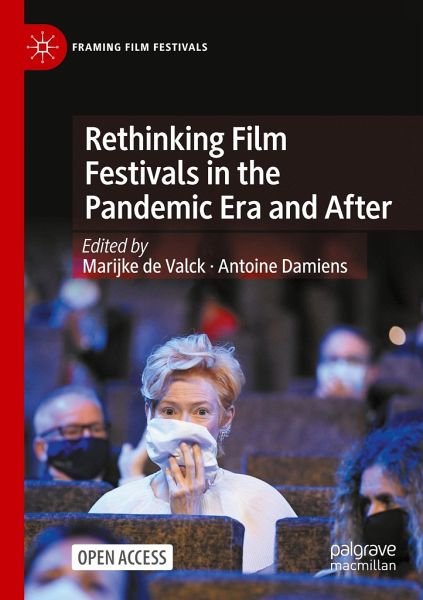
Rethinking Film Festivals in the Pandemic Era and After
Versandkostenfrei!
Versandfertig in 6-10 Tagen
31,99 €
inkl. MwSt.

PAYBACK Punkte
16 °P sammeln!
This is an open access book. This edited collection aims to document the effects of Covid-19 on film festivals and to theorize film festivals in the age of social distancing. To some extent, this crisis begs us to consider what happens when festivals can't happen; while films have found new (temporary) channels of distribution (most often in the forms of digital releases), the festival format appears particularly vulnerable in pandemic times. Imperfect measures, such as the move to a digital format, cannot recapture the communal experience at the very core of festivals. Given the global nature...
This is an open access book. This edited collection aims to document the effects of Covid-19 on film festivals and to theorize film festivals in the age of social distancing. To some extent, this crisis begs us to consider what happens when festivals can't happen; while films have found new (temporary) channels of distribution (most often in the forms of digital releases), the festival format appears particularly vulnerable in pandemic times. Imperfect measures, such as the move to a digital format, cannot recapture the communal experience at the very core of festivals. Given the global nature of the pandemic and the diversity of the festival phenomenon, this book features a wide range of case studies and analytical frameworks. With contributors including established scholars and frontline festival workers, the book is conceived as both a theoretical endeavour and a practical exploration of festival organizing in pandemic times.





